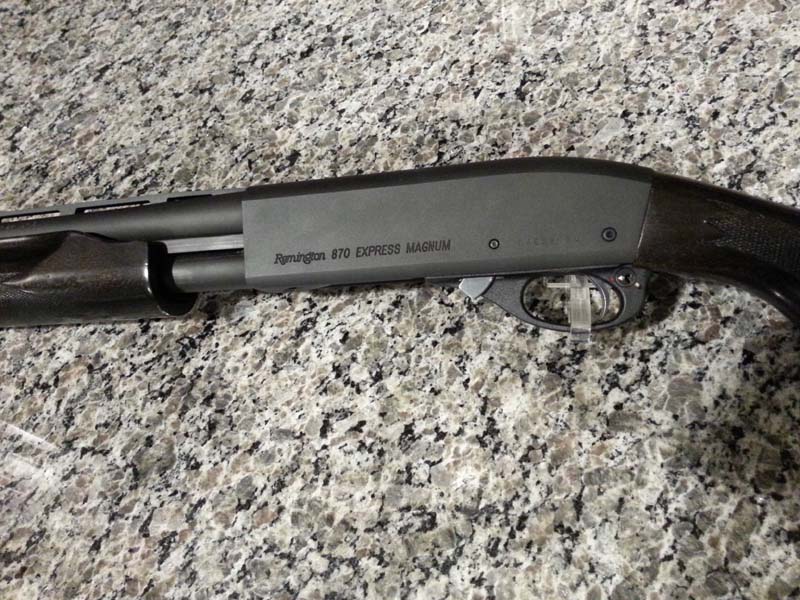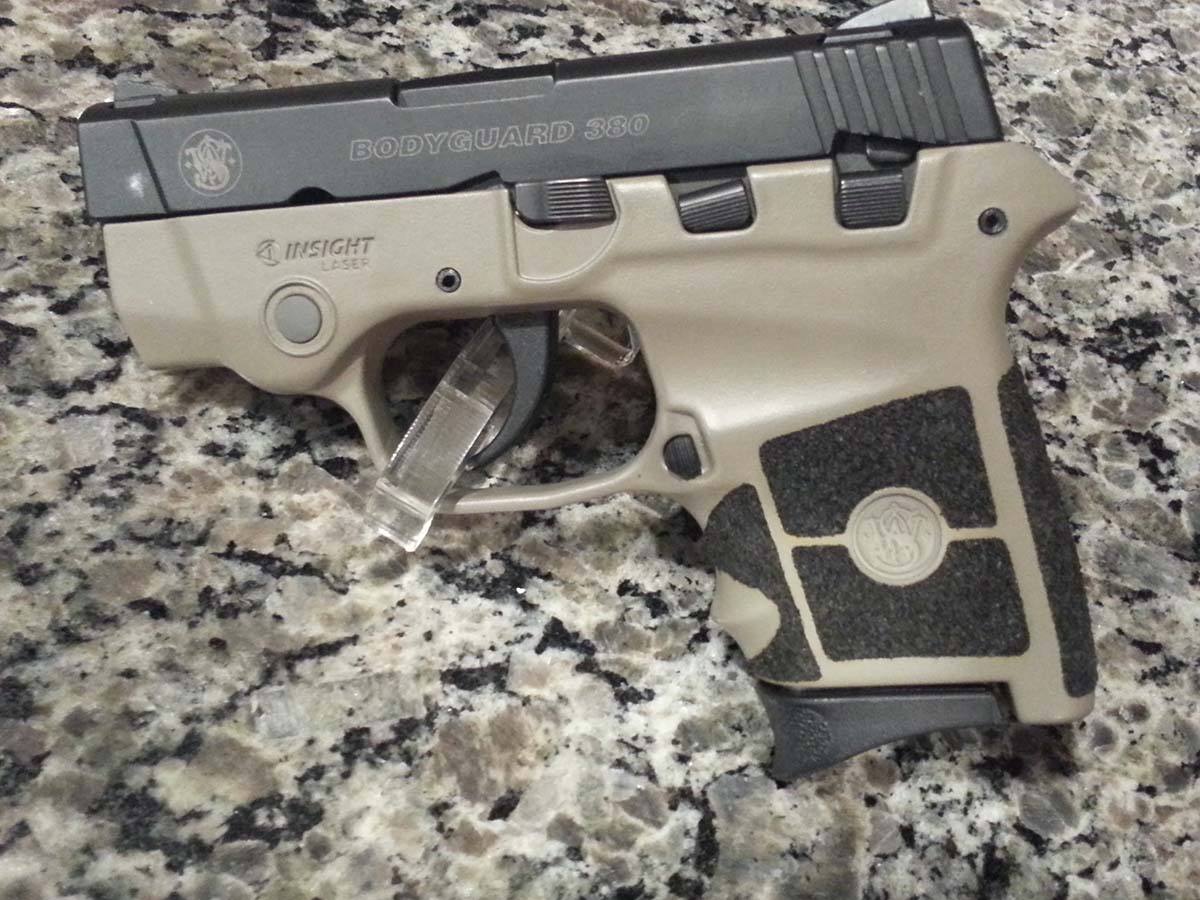Professional gunsmithing is a very personal business service that traces back to the early 1600s. From the first firearms used in hunting, protection and warfare to modern defense and sporting arms, keeping weapons in working operation has been trusted to gunsmiths from the beginning. Under Ground Gun Works understands this trust - between the gun owner and the gunsmith - and understands our obligation to your prized possessions.


The primary technical responsibility of Under Ground Gun Works is to ensure that the guns we work on function safely.
We accomplish this firstly by always properly observing gun safety handling procedures: both in our own actions, and in the actions of our customers and the people around them.
We accomplish this secondly by inspecting guns to ensure safe mechanical operation. Under Ground Gun Works use our in-depth knowledge of guns to guide these inspections: either repairing deficiencies; or notifying customers of unsafe conditions and taking steps to prevent catastrophic failures.
Some of the ways that even properly handled guns can fail and endanger their users and those around them are:
- Improper Assembly
- Missing Parts
- Cracks: all cracked parts are cause for concern, but especially so in the chamber-area, bolt, bolt-lugs, or buttstock.
- Bore Obstructions: being either dented or bent barrels, or foreign material in barrels.
- Improper Headspace: dimensions concerning the relative locations of the chamber and the bolt are not within specified tolerances.
- Improper Timing: (applies to fully automatic firearms and revolvers).
- Safety-Mechanism Malfunctions: potentially allowing a gun with the safety mechanism supposedly engaged to unexpectedly fire.
- Worn Sear Edges: potentially allowing a firearm to unexpectedly fire when the safety mechanism is disengaged.
- Firing-Pin Tips Deformed: leading to the possibility of primer-rupture.
In the United States, the Bureau of Alcohol, Tobacco, Firearms and Explosives (ATF) is the primary federal agency overseeing all legitimate businesses that deal with firearms, with the exception of firearms made before January 1, 1899 or muzzle loading firearms. The ATF is in charge of the licensing of all legitimate firearms dealers and Gunsmiths in the US that engage in business with the public. The issuance of a Federal Firearms License (FFL) involves a thorough background investigation and an inspection of the Gunsmith's premises by an Agent of the ATF. The ATF requires all gunsmiths to record all repairs, noting the serial numbers, type of firearm, caliber or gauge, and full particulars of the owner, with an accepted form of Identification ID to be presented and recorded. Gunsmiths are required to maintain these records in a permanent, non-alterable form.
*select text exerpts from Wikipedia and their sources

